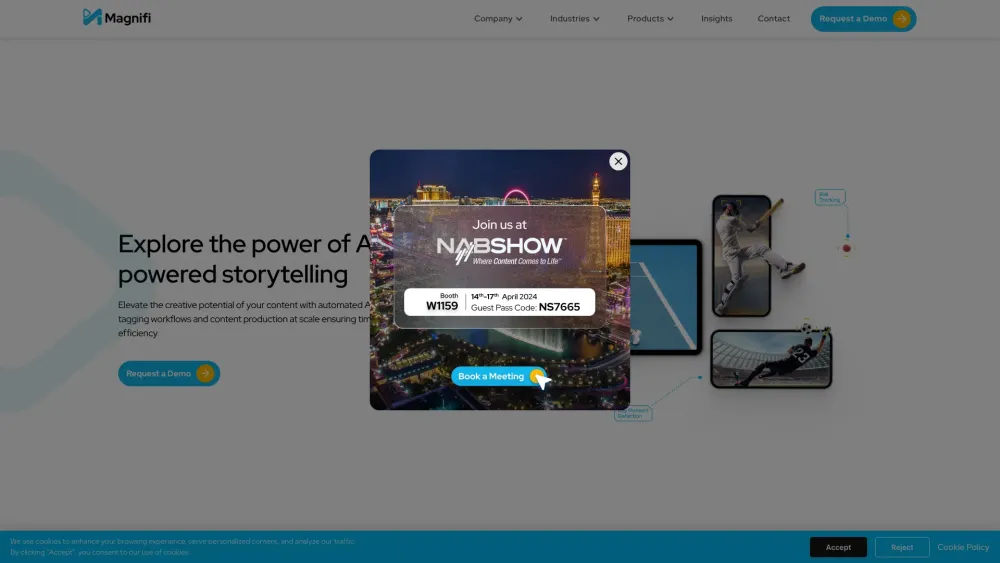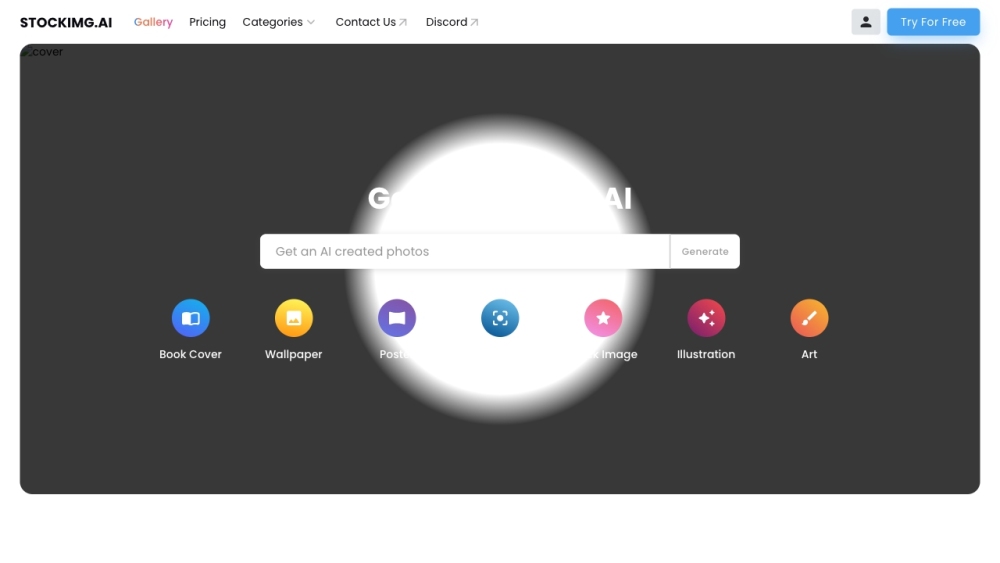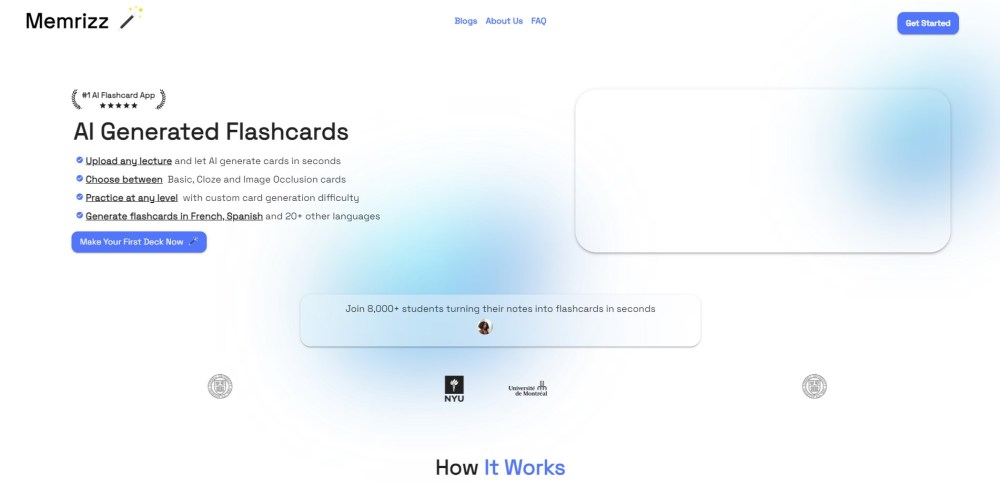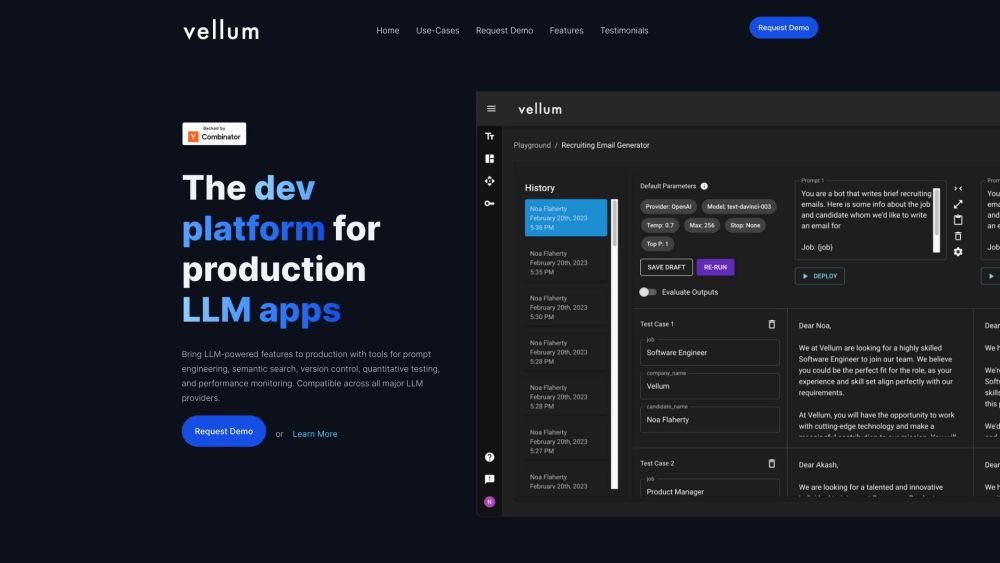Pony.ai and Toyota Join Forces to Mass Produce Robotaxis in China
Most people like

In today's digital landscape, AI-powered video intelligence solutions are transforming the way businesses analyze and utilize video content. By leveraging advanced algorithms and machine learning, these solutions enhance video surveillance, streamline content creation, and improve audience engagement. Whether you're looking to boost security measures or extract valuable insights from your media, AI-driven video intelligence offers innovative tools that can elevate your strategies and drive impactful results. Explore how integrating these technologies can revolutionize your approach to video management and analysis.

Stockimg AI: an innovative, AI-driven platform designed to effortlessly create stunning logos, captivating book covers, and eye-catching posters. Unlock your creative potential with Stockimg AI!

In today's fast-paced world, effective study methods are essential for mastering new information. One innovative tool gaining popularity is the use of AI to create personalized flashcards. This technology tailors learning experiences to individual needs, enhancing retention and comprehension. Whether you’re preparing for exams, learning a new language, or need to memorize crucial facts, AI-generated flashcards can streamline your study process and make learning more engaging. Discover how harnessing AI can transform your study habits and boost your educational outcomes.

Introducing a cutting-edge development platform designed specifically for creating large language model (LLM) applications. This innovative platform streamlines the development process, providing developers with the tools and resources needed to build, test, and deploy powerful LLM-driven solutions efficiently. Whether you're a seasoned developer or just starting out, our platform offers the flexibility and support to bring your AI ideas to life. Join us in revolutionizing the way LLM applications are developed!
Find AI tools in YBX



